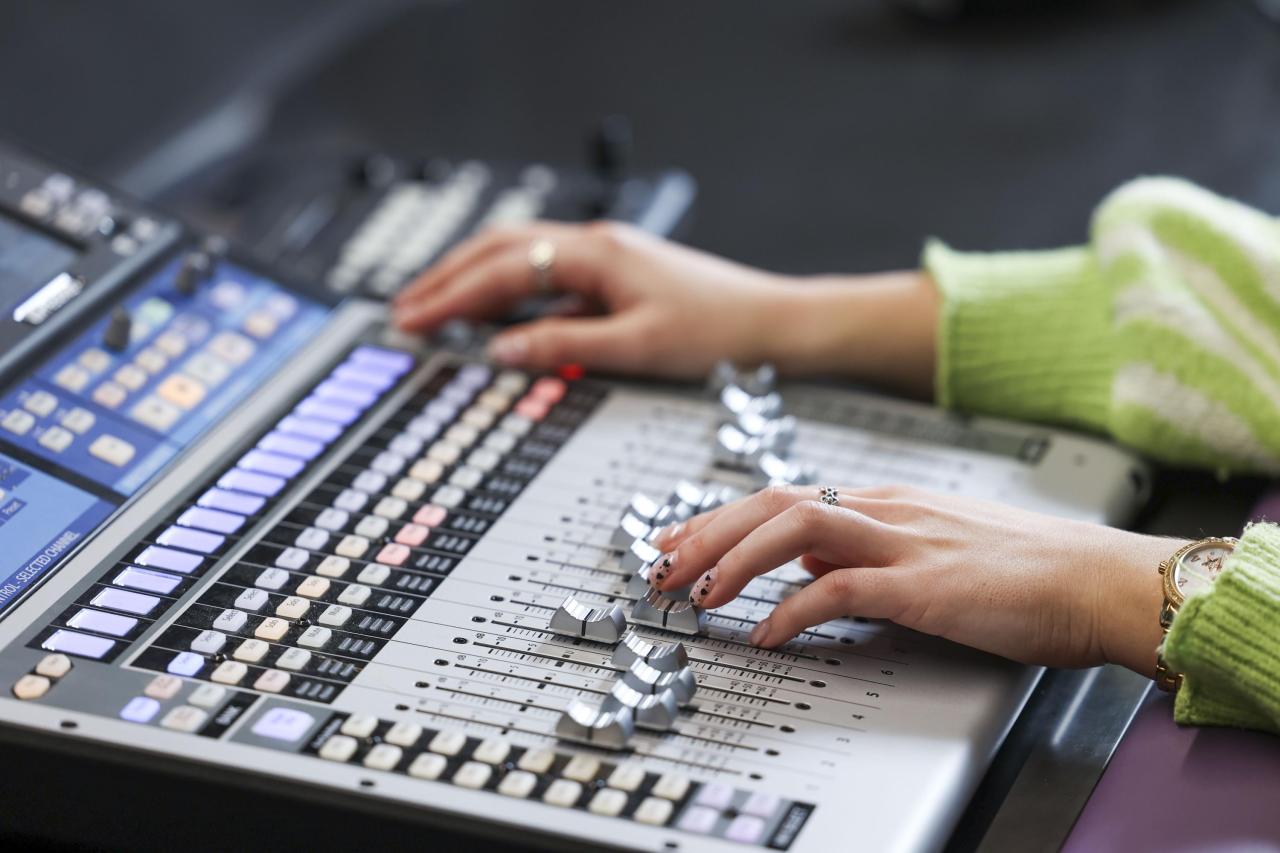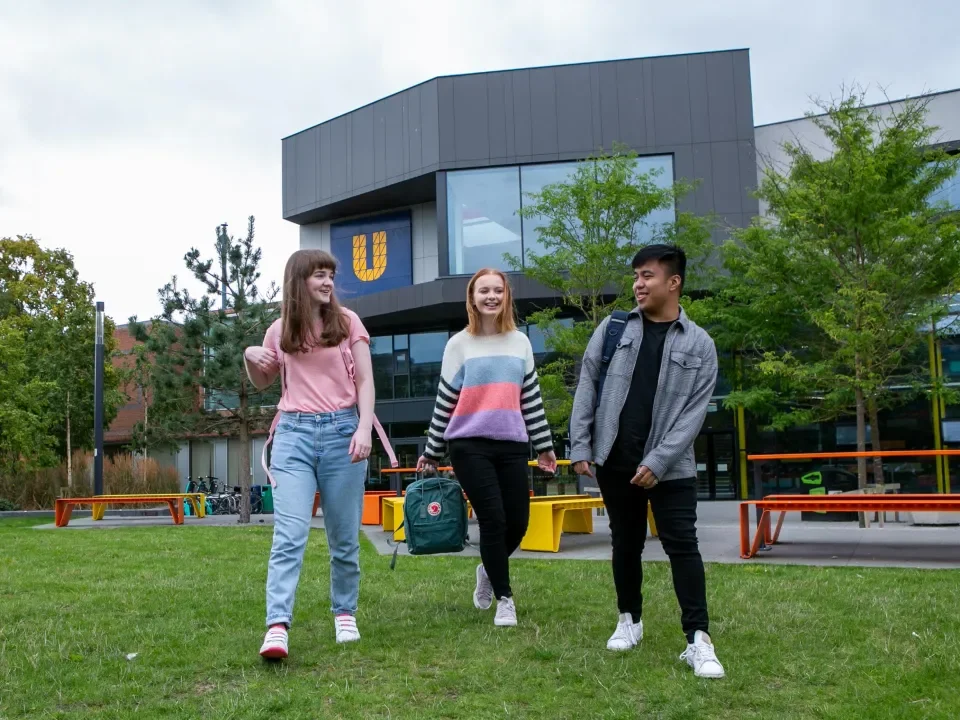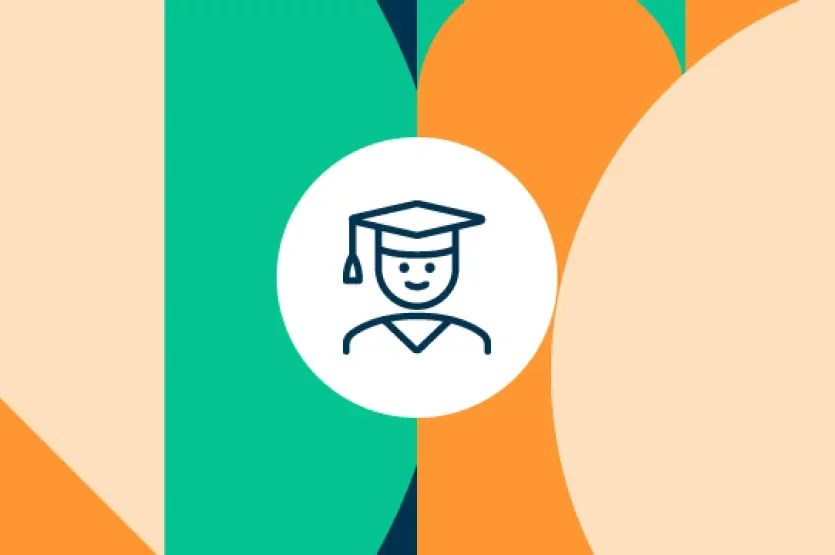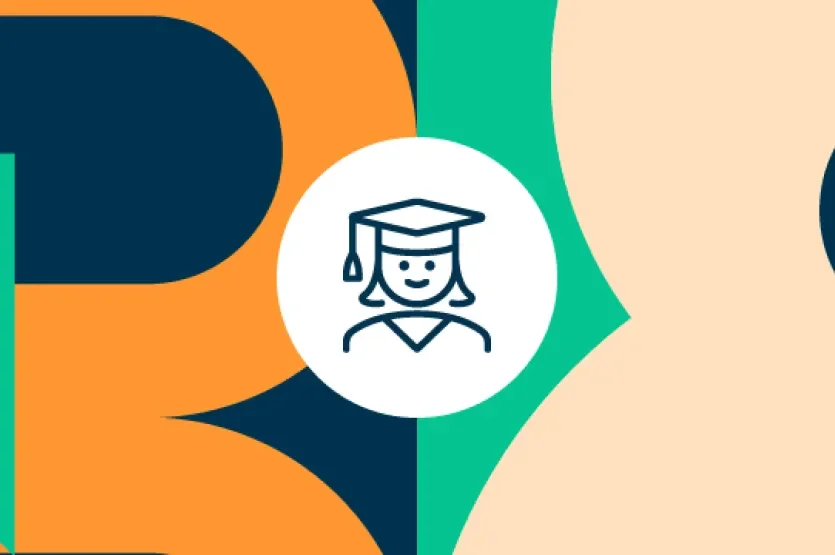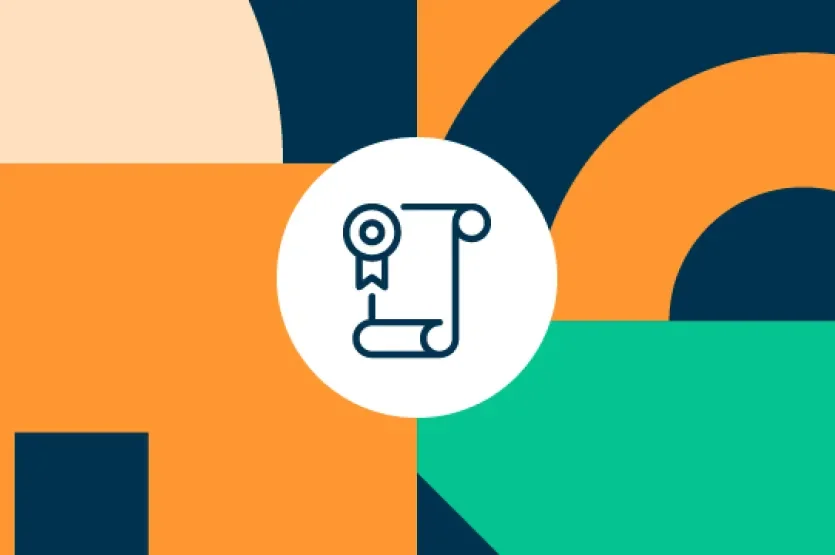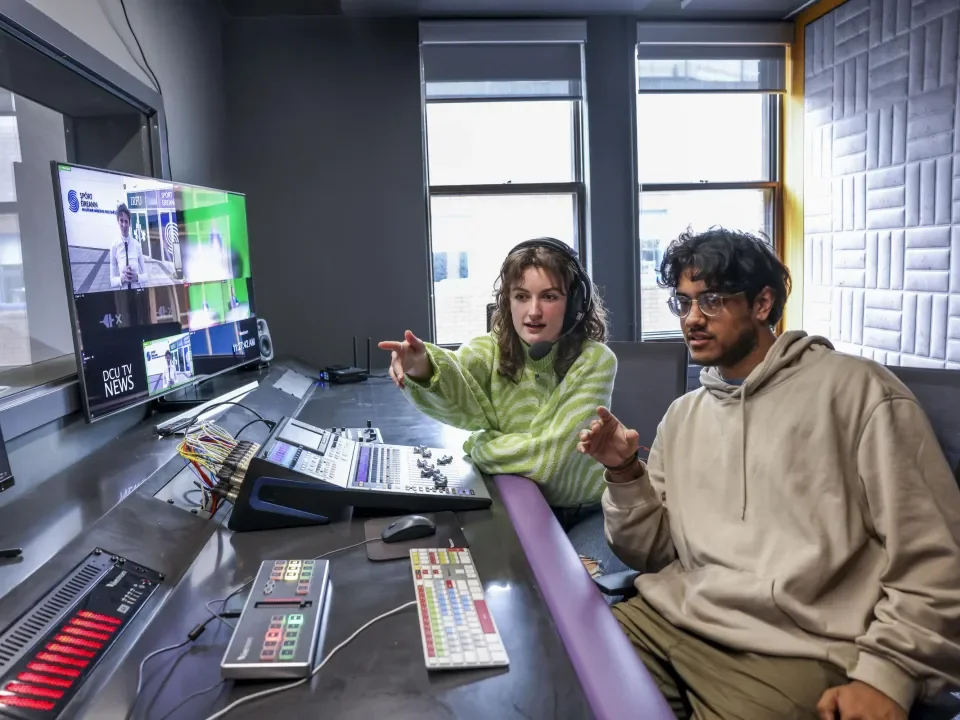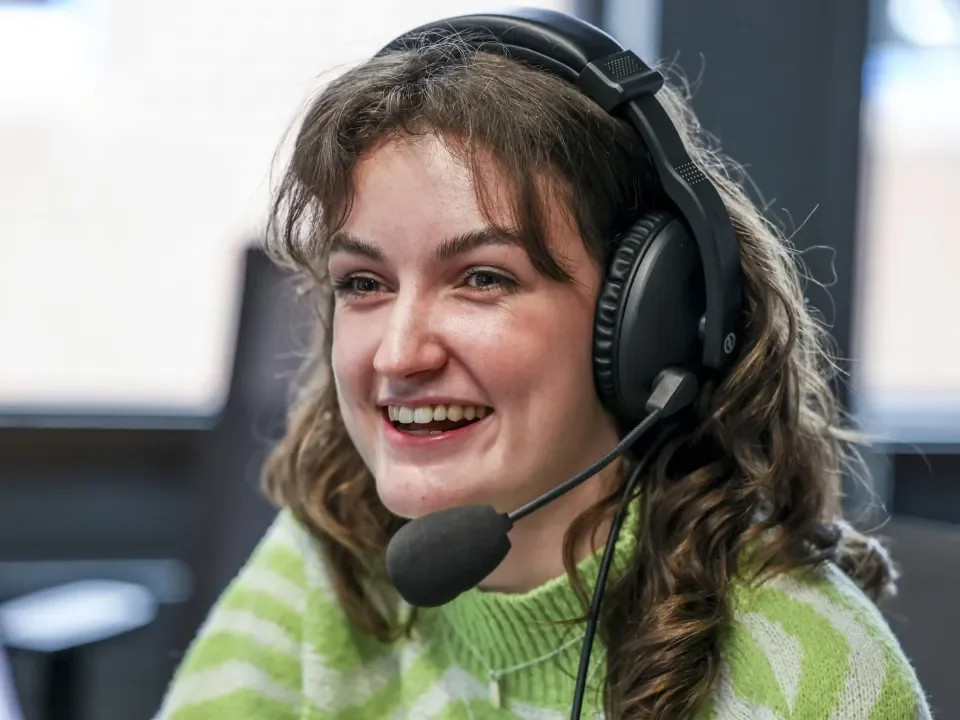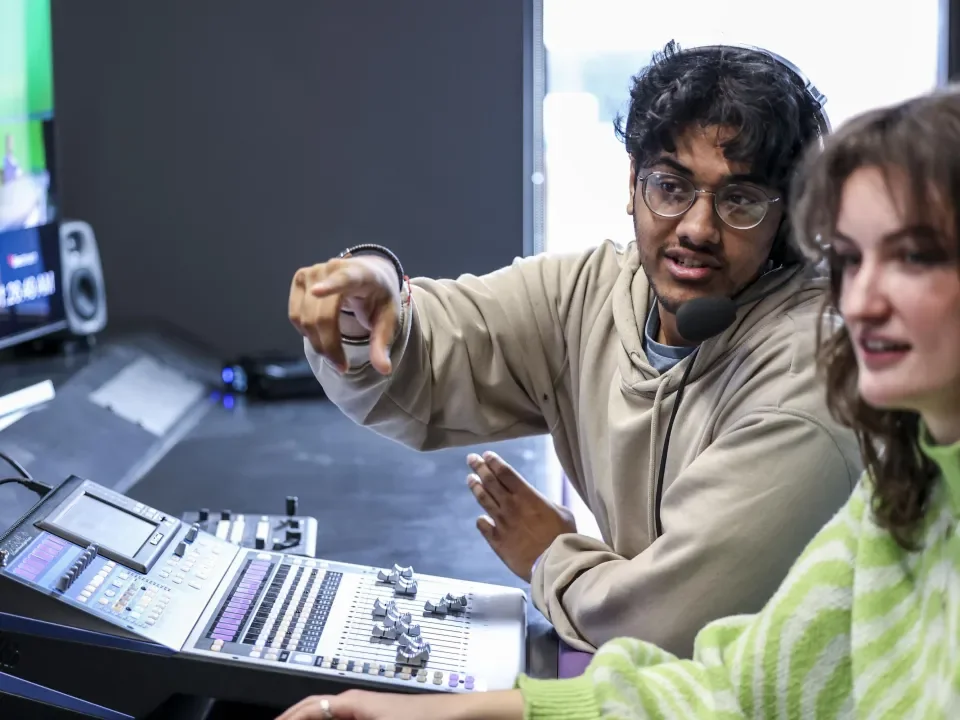Overview
If you’re interested in communications and media, then DCU is THE place for you! Through the BA in Communications Studies degree here in DCU, you can explore the world of communications while also learning essential basics of media production. This three-year degree will appeal to you if you are curious and have a strong interest in people, society and the media. Communication is fundamental to every organisation and sector and this degree equips you with vital skills in critical and analytical thinking and teaches how to communicate across all forms of media.
Mix of theory and practice
The course is a mix of theory and practice - it combines an understanding of communication, media and society with best practice in media production. You’ll learn about different types of communication ranging from organisational communication to public relations, advertising and information campaigns. You’ll also learn about the role of media and social media, at home and abroad, as well as gaining hands-on experience in the creative and production side with practical classes in video production, photography and imaging, digital media production and audio production.
Follow your passion
As well as taking core foundational and production modules, you can choose from a selection of optional modules in your degree. This allows you to follow your passion and develop expertise in a number of key areas that reflect your aptitudes. Optional modules on offer include Crime, Policing and the Media; Television Drama; Media Law and Press and Public Relations.
Teamwork and self-motivation
The degree calls for the ability to both work as a member of a team and have the self-motivation to work alone. So if you’re flexible and multi-skilled, this course will be right up your street!
Why DCU
DCU People
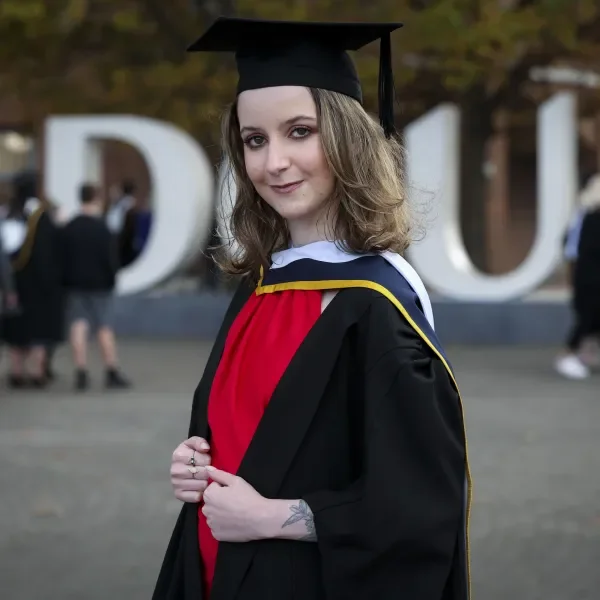
“I knew I wanted something creative,” says Rocio Martos Roberts, describing her search for the right college course.
Read more about Rocio Martos Roberts

DCU alumnus Enda Lynch is the Marketing and Sponsorship Manager with Munster Rugby and here is what he has to say about DCU’s BA in Communication studies:
Read more about Enda Lynch
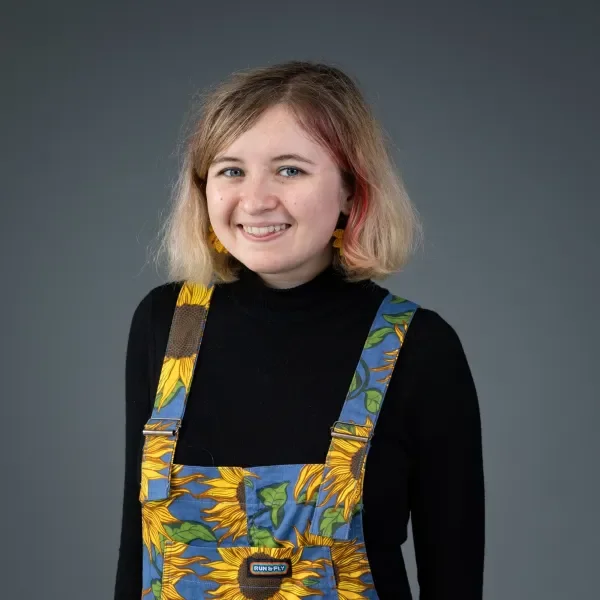
"I chose Communication Studies because I knew I had a broad range of interest in all things media."
Read more about Sinead Mooney

Hi I’m Roderick Flynn and I’m the Programme Chair of the BA in Communication Studies. Thinking back to my own beginnings, I was a so-so student until I discovered media and communications.
Read more about Roderick Flynn
Careers & Further Options
Careers
If you’re not sure of the career direction you wish to pursue, that’s okay! The BA in Communication Studies will give you a great grounding in communication that will stand you in good stead in many careers, giving you a chance to explore the production side of media and the ability to specialise as you progress in your degree.
This course will help you become an excellent communicator and develop your creative, analytical and problem solving skills, all of which are highly transferable across any industry.
The degree offers great flexibility for your future career that will allow you to work and live anywhere, move between sectors and follow your passion whether that's in a creative role, involvement in a political campaign or fundraising for a not for profit organisation; among many other jobs and careers. This degree also provides a strong foundation for further study.
- Media and independent companies
- In-house communications
- Journalism
- Film-making/TV programming
- Public Service
- Marketing/Advertising agency
- Event management
- PR / Public Affairs agency
- Publishing
- Academia
- Research
DCU graduates are highly sought after by employers. Our Graduates work in environments ranging from large multinationals to SMEs, family businesses and start-ups across every sector.
DCU Careers Service has a number of learning and development initiatives in place for our students, giving them the skills they need for a successful career path.
Entry Requirements
In addition to the general entry requirements for admission to the university the following entry requirements apply:
Minimum of H4 in English.
In addition to the general entry requirements for admission to the university the following entry requirements apply:
GCE A-Level C English.
Please visit our Admissions webpage for details on course requirements or how to apply to DCU.
Please visit our QQI FET webpage for details on DCU courses, open days, campus tours or school visits.
To apply to DCU, please visit www.cao.ie.
Mature entry is a competitive process. Applicants must demonstrate:
- a genuine interest in the programme(s) they are applying for
- academic experience and competency in their chosen field of study
- an ability to engage and succeed on the programme
All applicants must complete a statement of interest to be considered for the mature application route.
For further guidance on the mature application process please see the CAO Website
Applicants that have completed at least one year of study at NFQ Level 6, 7 or 8 at another institution may apply to continue their studies on a similar programme at DCU. There should be substantial overlap in content between the two programmes to be considered for a transfer. Results and other supporting documentation must be submitted to CAO by the closing date of 1st July. This is a competitive application process for a small quota of advanced entry places. Offers are made on a rolling basis until all places are filled. Early application is advised. Please note: Applicants should also consider applying through the appropriate route for first year entry to the programme they are interested in. This application process is only for advanced entry.
International candidates are expected to have educational qualifications of a standard equivalent to those outlined above. In addition, where such candidates are non-native speakers of the English language they must satisfy the university of their competency in the English language. For further information on international applications click here.
Course Structure
In the first year of this degree, we’ll teach you the basics of communication studies and introduce you to topics such as the History and Structure of the Media; Psychology, Media and Creativity; and Digital Media Production Skills, to name a few. In Years Two and Three, we’ll help you develop a critical awareness of developments in the areas of communication, media and cultural studies. Throughout the degree you’ll also take production modules to ensure that you develop skills in audio, video, imaging and communication/presentation skills. You’ll also have the opportunity to choose from a selection of optional modules and develop expertise in those areas. In your final year, you’ll complete a written dissertation - this is your final project that showcases all you’ve learned and the skills you have acquired over the course of your studies.
What Will I Study?
While content of the course may change over time, these modules are indicative of what you will be studying in each year.
- Introduction to Communication Studies
- Introduction to Social Studies
- Critical Thinking and Independent Learning
- Analysing Visual Media Texts
- Cultural Studies
- History and Structure of the Media
- Psychology, Media and Creativity
- Digital Media Production Skills
- Audio Production
- Photography and Imaging
- Media Audiences
- Media Writing and Expression
- Media and Power
- Analysing Advertising
- Crime, Policing and the Media
- Film History and Theory
- Theorising Social Media and Everyday Life
- Sport, Media and Society
- The Music Industries: Institutions, Technologies and Users
- Social Class and the Media Perspectives on the Networked Society
- Women, Feminism and the Creative and Cultural Industries
- Applying Communication Theory
- Video Production
- Communication, Presentation and Performance
- Press and Public Relations
- Media Law
- Television Drama
- Dissertation
- Communication, Media and Cultural Diversity
- Science, Technology and Society
- Media, Religion and Society
- Uaneen Module (Extra-Curricular Activities)
- Communication, Culture and the Environment
Fees and Funding
Fees
How To Apply
Applicants presenting EU School Leaving/FETAC Level 5 examinations: Apply through the Central Applications Office (CAO) by 1st February or 1st May.
To apply for this programme:
Candidates should apply directly here. Here's a quick step by step guide if you need help with your application.
Please provide
- Academic Transcripts for each and every year of study with English translation, if applicable.
- If applicable, provide evidence of competence in the English language as per DCU entry requirements.
Applications are accepted on an ongoing basis up to 1st July. All Non-EU candidates are advised to apply early, as places are limited.
All mature applicants apply through the CAO by 1st February. For further information and for special application procedures for mature students, please click here.
Applications are made via the CAO Advanced Entry route which will open on the 5th November to 1st July.
Please see Application Procedures or E-mail ugadmissions@dcu.ie.
Candidates submitting EU examination results are required to apply through the CAO at www.cao.ie
Candidates submitting non-EU examination results are required to apply directly here
Life On Campus
Student newspaper
The award-winning campus student newspaper, radio and TV stations compliment the skills taught within the programme and offer hands-on, creative outlets for students to apply what they have learned in their lectures.
Media Production Society
Since its foundation in 1985, the Media Production Society (MPS) has established itself as a cornerstone of DCU society life; operating as a creative and social outlet to a broad variety of students within the university. It gives members a chance to gain practical experience in their chosen field of media and collaborate with other, like-minded creatives on the society’s blog, on DCUtv and DCUfm.
At DCU, our students can expect a unique campus experience. We are known for our excellent teaching and learning facilities, our active clubs and societies, and our great social and sporting facilities. All this makes DCU an exciting place to be.
DCU has three academic campuses; Glasnevin, St. Patrick’s and All Hallows (both in Drumcondra), all close to Dublin City centre.
They can be reached by public transport, Dublin Bus and Bus Éireann, with our Drumcondra campuses a ten minute walk from Drumcondra Train Station. Glasnevin is a 20 minute walk from St Patrick’s and All Hallows. They are also linked by Dublin Bus.
Each campus has a library (O’Reilly, Cregan and Woodlock Hall), study spaces, restaurants, and on-campus residencies. There are sports facilities on Glasnevin and St. Patrick’s, and there is a dedicated sports campus, St Claire’s, located near Glasnevin on the Ballymun Road.
DCU’s 19,000 students have access to exceptional teaching and learning facilities across our three academic campuses.
These include modern learning theatres, research centres, a new media and TV studio, radio/podcast studios, computer suites and advanced labs in the areas of Languages, Engineering, Physics, Chemistry and Biotechnology, as well as a Sports Performance centre and a training hospital ward. In 2021, we opened our first virtual reality ‘Leadership Lab’, which is located in our Business School.
We continue to improve and update our facilities. For example, construction of a new world-class STEM facility is underway on the Glasnevin campus. With capacity for an extra 3,000 STEM students, this facility will advance DCU’s international reputation for excellence in science and health, computing and engineering disciplines.
Studying in DCU isn’t just about course work. The university is rich in student life and activities.
There are more than 140 clubs and societies for students in DCU, with ‘Clubs & Socs’ days taking place on both the Glasnevin and Drumcondra campuses at the start of the academic year. They span everything from rugby to rock climbing, anime to jazz.
For many students, sport is an important part of the DCU experience. DCU’s Sports Complex boasts a 25 metre swimming pool, fitness centre gym, all-weather pitches and squash courts, as well as soccer, GAA and rugby pitches. DCU Dóchas Éireann, the university’s GAA club, is the largest third level Gaelic Games club in the country. Meanwhile, DCU Athletics has been Ireland’s highest achieving university club for many years. And DCU has dozens of other clubs to get involved in, from Archery to Weightlifting.
The Glasnevin campus is home to our purpose built, state-of-the-art student centre, The U, which serves the needs of a rapidly growing student body. Here, you will find the Student Leadership and Lifeskills Centre, performing arts and cultural spaces for students and the wider community, and the Entrepreneurship and Innovation Hub. Also located on our Glasnevin campus is The Helix, our renowned performing arts centre.
On our St Patrick’s campus, we have the Java Student Hub, a vibrant, warm and welcoming space where students can meet for coffee, play music, use the projector to watch events, or just relax. The walls of the Java Hub were designed based on the cultural history of St Patrick’s Campus, including the special references to the notable sporting history and history of the arts.
We have a number of academic, professional and social supports for students.
Student Advice & Learning Skills Centre - Offers a wide range of supports and services to students and advice
The Writing Centre - drop-in writing workshops for students through the academic year
Maths Learning Centre - provides maths support for students of all ability levels with maths modules
Student Learning - facilitate the transition from passive to active learning for students at DCU, by teaching study skills, nurturing critical thinking and building student confidence.
Careers work with students to help them on their professional journey into graduate employment.
Our student support team offers a comprehensive support programme, helping students make that all important transition into university life and focusing on building confidence and skills which are key to success at third level.

DCU Glasnevin Campus
FAQs
Is DCU all one campus?
DCU is a multi campus university - the Glasnevin, St Patrick's and All Hallows campuses. The St Patrick's campus is where the Education courses are taught and some of the subjects from the BA Joint Honours degree. There is a 20-25 minute walk between the campuses but there are buses and bikes available to go between them also.
Click here to see maps of all of our campuses
If I'm studying on the St Patrick's campus, can I use the library and sports centre on the Glasnevin campus?
Yes, all facilities such as sports and accommodation are open for all DCU students to avail of.
Are there libraries in DCU and if they have wifi and work stations?
We have a brand new state of the art four floor library on our St. Patrick's Campus which complements the existing library on the Glasnevin campus. There is free wifi, work stations as well as desktop computers.
Does DCU provide accommodation?
DCU does have on-campus accommodation for undergraduate and postgraduate students, and you can find out more and apply via the Accommodation Office webpage.

